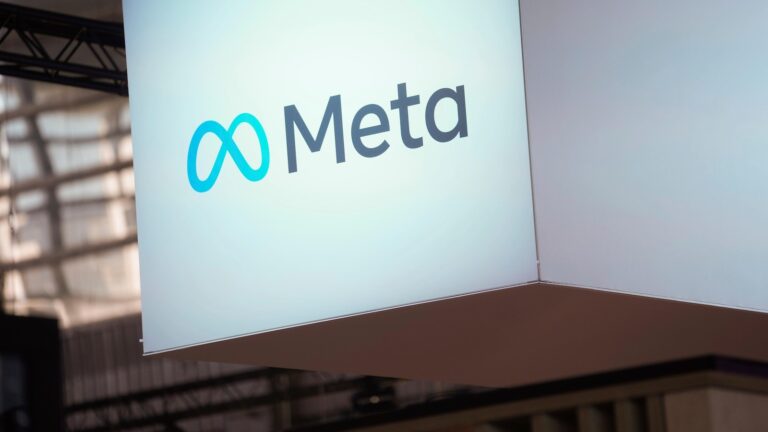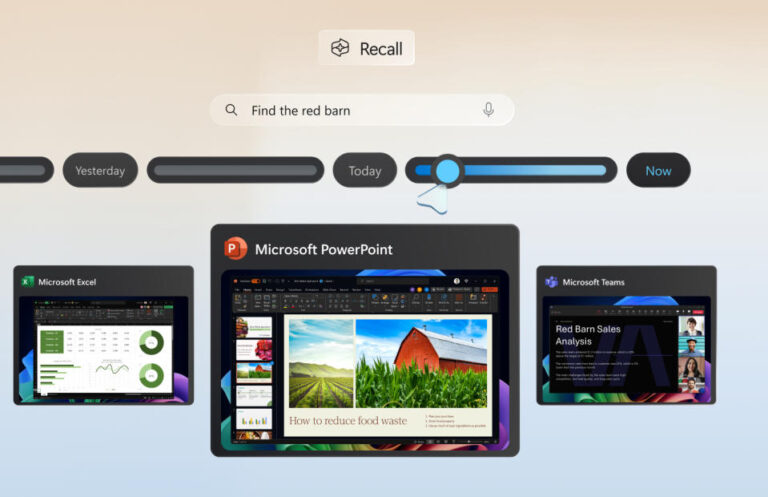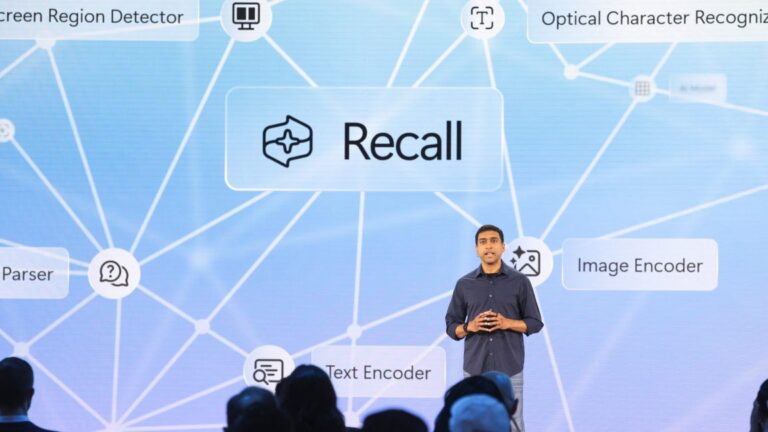As Donald Trump returns to the White House, anti-abortion groups are hoping this is their moment.
With Republicans controlling both chambers of Congress and the US supreme court governed by a conservative supermajority, activists are pushing an extreme agenda, including a nationwide abortion ban, a prohibition on abortion pills, a “fetal personhood” doctrine that could restrict in vitro fertilization and attacks on contraception.
Rights groups are looking to states to safeguard reproductive care, perhaps none more so than California, the most populous and among the bluest in the US.
California lawmakers are already preparing. Mia Bonta, a Democratic assemblymember, who chairs the state assembly’s health committee, said she will be introducing a package of bills next month that seeks to expand access to birth control pills, protect emergency abortion care at hospitals and enhance maternal health in the state.
“When the federal government and president is moving to a motto of ‘your body, my choice,’ I think it’s very important we clarify in the state of California what our bottom line is,” Bonta said in an interview on Tuesday. “California will continue to be a sanctuary state, to push for the recognition of women’s autonomy and our bodily autonomy and to prioritize through our healthcare policy, access to full reproductive care.”
Bonta will put her bills forward on 2 December, the start of the “Trump-proofing” emergency legislative session called by the state’s governor, Gavin Newsom.
Since 2022, abortion rights are enshrined in California’s constitution and the state in recent years has established itself as a sanctuary for women from other states seeking the procedure. Bonta’s proposals seek to further that trend, she said. Since the supreme court overturned the constitutional right to abortion in its 2022 Dobbs decision, states have been free to set policy, with 21 banning or restricting the procedure. Californians in 2022 passed a measure enshrining abortion rights in the state constitution.
A first bill is meant to ensure access to emergency reproductive healthcare. It’s a response to a law passed last year in Idaho, which established that abortions in the state are only allowed when the life of the patient is in danger. Advocates fear that under Trump, Idaho’s interpretation could be expanded nationwide, threatening abortion care in emergencies.
“We wanted to ensure that in California you do not have to go through a heartbreak and health emergency … should you need access to abortion in emergency rooms,” Bonta said.
Her second bill aims to increase access to over-the-counter birth control for recipients of Medi-Cal, the state’s Medicaid program.
Her third bill seeks to streamline the licensing process for alternative birthing centers, as the number of labor and delivery wards in some parts of the state has dwindled in recent years. In some regions, Bonta said, women in labor could have to travel up to two hours to get care: “I’m just blown away that in the United States, in this day and age, that that is the case.”. Birthing centers are linked to better health outcomes for lower-income women, the lawmaker noted, adding she was looking for ways to make the centers more financially sustainable.
While Trump on the campaign trail has said legislation should be left to states and that he would veto a national ban, he has repeatedly flip-flopped on the issue. And there are many other ways his administration could unravel rights and access, even in blue states. Project 2025, the rightwing manifesto crafted by his allies, calls for the president to roll back the FDA approval of abortion pills, increase CDC “surveillance” of pregnancy loss and erode federal funding for family planning programs that provide contraception.
after newsletter promotion
Bonta said it was important to recognize that access to abortion is a right supported by a majority of voters, including many in states that voted for Trump. Missouri, Montana, Arizona and Nevada all favored Trump and passed abortion rights measures this month.
Safeguarding Californians’ access to abortion is personal for Bonta. In 2022, she revealed she had an abortion at the age of 21. “I chose to own my body,” she said at the time. It’s a decision that helped her break the “cycle of poverty in my family”, she said.
“It was important to me to be very open about my own health journey,” she said this week. “In this moment when women in other parts of the country are having to go back to considering engaging in a practice that will put their lives at risk, it’s important to be a beacon … and fight to make sure [they] have the same kind of care that I was afforded. I want to be able to look my daughters in the eye and tell them I’m fighting for their health, their quality of life and that of their children.”
Bonta is married to California’s attorney general, Rob Bonta, who is readying the state’s department of justice to fight a range of possible Trump administration efforts that would restrict civil rights and impede other progressive initiatives in the state. The attorney general has said he is prepared to take on those policies with litigation and has draft legal briefs ready, including to challenge a national abortion ban.
Trump is expected to push back hard. Bonta said she hoped legislators wouldn’t be distracted by culture war rhetoric, and would focus on “sound policy that can stand up against federal intervention”.
While the conservative leanings of the courts have made that challenge more difficult, she said, “our job is to fight for what’s right and and hope the court system … will not try to legislate through legal rulings and that there will be some modicum of decency in the judiciary.”
“It’s hard not to feel like we’re heading into a dystopian state,” said Bonta. “There are a lot of people who are just as scared as I am in this moment … As a legislator, I have the privilege of being in the halls of power in the state of California. I’m thankful I have the ability to fight.”
















+ There are no comments
Add yours